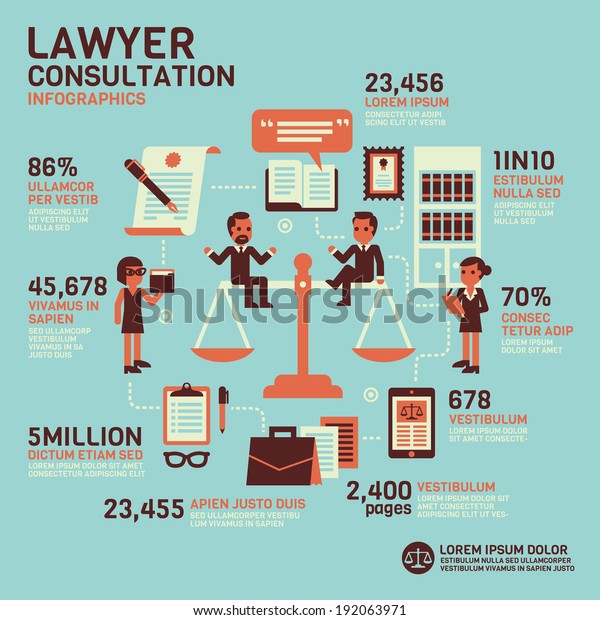Typical Misconceptions Concerning Criminal Defense: Debunking Misconceptions
Typical Misconceptions Concerning Criminal Defense: Debunking Misconceptions
Blog Article
Web Content By-Kuhn Andreasen
You've probably listened to the myth that if you're charged with a criminal offense, you should be guilty, or that staying silent ways you're hiding something. These widespread ideas not only distort public perception yet can likewise affect the results of lawful procedures. It's critical to peel off back the layers of misconception to comprehend the true nature of criminal protection and the civil liberties it safeguards. What happens if best drug lawyer near me knew that these myths could be taking apart the really foundations of justice? Join the conversation and explore just how disproving these myths is vital for guaranteeing fairness in our legal system.
Myth: All Accuseds Are Guilty
Often, people erroneously think that if someone is charged with a criminal activity, they should be guilty. You might think that the lawful system is infallible, but that's much from the truth. Fees can originate from misunderstandings, incorrect identities, or not enough proof. It's important to bear in mind that in the eyes of the law, you're innocent till proven guilty.
This assumption of virtue is the bedrock of the criminal justice system. It makes sure that the burden of proof lies with the prosecution, not you. They must develop beyond a sensible doubt that you devoted the criminal offense. This high typical safeguards people from wrongful sentences, making certain that nobody is punished based on assumptions or weak proof.
Moreover, being charged does not suggest completion of the roadway for you. You have the right to defend yourself in court. This is where a knowledgeable defense lawyer comes into play. They can challenge the prosecution's case, present counter-evidence, and advocate on your behalf.
The complexity of lawful process usually requires skilled navigating to secure your legal rights and accomplish a fair result.
Myth: Silence Equals Admission
Lots of think that if you choose to continue to be quiet when accused of a criminal activity, you're essentially admitting guilt. Nonetheless, this could not be further from the fact. Your right to stay silent is shielded under the Fifth Change to prevent self-incrimination. It's a lawful guard, not a sign of guilt.
When you're silent, you're really exercising a basic right. This stops you from claiming something that might unintentionally damage your defense. Keep in mind, in the warm of the moment, it's easy to obtain overwhelmed or speak inaccurately. Law enforcement can interpret your words in ways you really did not plan.
By remaining silent, you offer your attorney the very best chance to safeguard you successfully, without the issue of misinterpreted declarations.
Moreover, it's the prosecution's job to prove you're guilty beyond a reasonable uncertainty. Your silence can't be utilized as proof of shame. Actually, jurors are instructed not to interpret silence as an admission of sense of guilt.
Myth: Public Protectors Are Inefficient
The misconception that public protectors are inadequate lingers, yet it's essential to recognize their crucial role in the justice system. Numerous believe that because public protectors are typically overwhelmed with situations, they can not give quality defense. Nonetheless, this forgets the deepness of their devotion and know-how.
Public defenders are totally certified lawyers who've picked to specialize in criminal law. They're as certified as private attorneys and usually extra skilled in trial job as a result of the quantity of cases they take care of. You might believe they're much less inspired because they do not pick their clients, but in reality, they're deeply dedicated to the suitables of justice and equality.
It's important to keep in mind that all legal representatives, whether public or private, face difficulties and constraints. Public protectors commonly deal with less resources and under more stress. Yet, they constantly demonstrate resilience and creativity in their defense approaches.
Their duty isn't simply a work; it's a goal to ensure that every person, no matter income, gets a reasonable trial.
Conclusion
You might assume if somebody's charged, they must be guilty, however that's not just how our system functions. Choosing to stay quiet does not imply you're confessing anything; it's simply clever self-defense. And don't underestimate public protectors; they're committed specialists dedicated to justice. Remember, look at this site should have a fair trial and proficient representation-- these are basic rights. Let's drop these misconceptions and see the lawful system for what it truly is: a place where justice is looked for, not just punishment dispensed.
